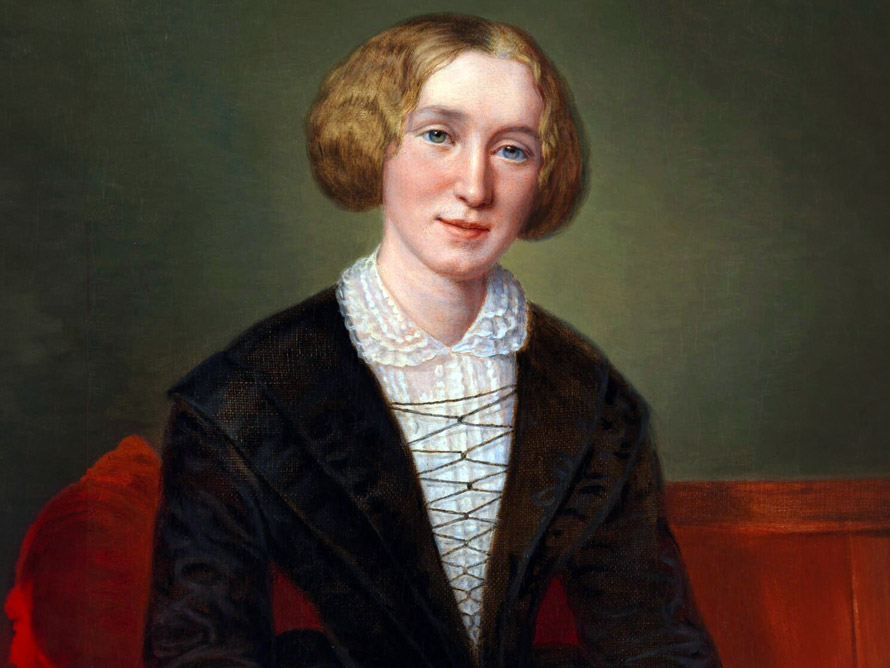Middlemarch, subtitled A Study of Provincial Life, was written by the English author Mary Anne Evans under her pen name George Eliot in the period from 1871-1872. Depicting a panorama of identities and experiences in the fictional provincial town of Middlemarch, Eliot writes of an England tugged reluctantly into a maelstromA powerful whirlpool — or a turbulent situation. of profound social change. Its characters are both entrenched in familiar social mores and awakening slowly to the horizon of new possibilities in rapidly reforming Victorian society. At the beginning of the novel, Dorothea Brooke, ravenous for “masculine knowledge”, impulsively and lovelessly marries the wealthy but selfish scholar Casaubon, who is almost three decades older than her; at its conclusion she is moneyless but happily married to a young political reformer. Meanwhile, radical doctor Lydgate grapples with rumours, love and money; sordidImmoral or dishonourable. but monied banker Bulstrode tries to atone for his past but faces disgrace; and privileged layabout Fred Vincy is spurred into a respectable life by his childhood love. The storylines play out over a densely detailed and ambitious volume, usually numbering around 900 pages.
Middlemarch

Glossary
Maelstrom - A powerful whirlpool — or a turbulent situation.
Sordid - Immoral or dishonourable.
Betrothals - Engagements to be married.
Sacrosanct - Inviolable or beyond criticism. It derives from two Latin words, "sacro" and "sanctus", that both have religious connotations.
Nuptials - Wedding.
Shrewd - Showing good powers of judgement.
Patriarchal - A society in which adult men have a monopoly on power. In these societies, men tend to hold all political positions, and women and children are also expected to obey the men in their families.
Industrialisation - A period of social and economic change that transforms an agricultural society into an industrial one.
